What changes set in in psychiatry after the 1944 communist coup in Bulgaria and how did the communist ideology alter treatment and the way patients were dealt with? What were the clinical practices and what political malfeasance did the regime make use of in the domain of psychiatry against dissidents and free-thinkers? These are the questions young American Fulbright scholarship researcher Julian Chehirian looked into in his study of the social history of psychiatry and psychotherapy in the People’s Republic of Bulgaria.
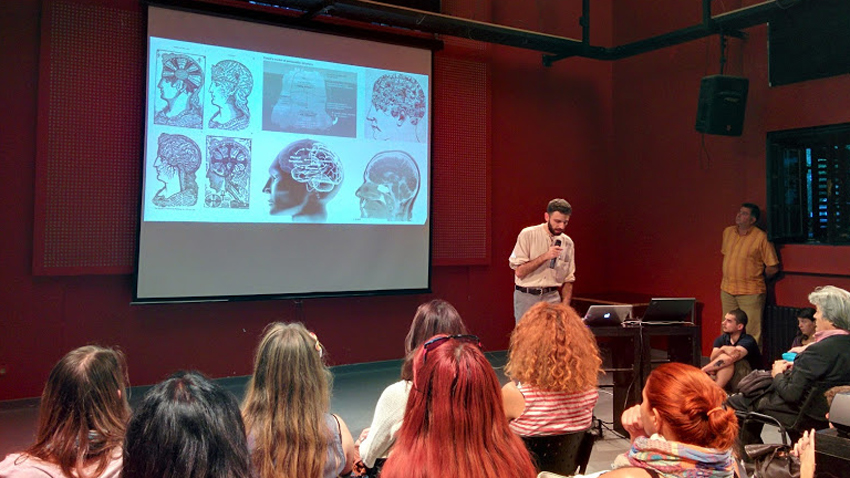
On 24 September, at the Red House, he presented to the Bulgarian public the emerging tendencies in his study, based on archives and interviews with medical staff from the time of communism. His work was primarily targeted at the results of the post-1944 Soviet methods of treatment, hyper medication, ideologization and institutionalization of mental problems.
We asked Julian Chehirian what triggered his interest in this sphere?
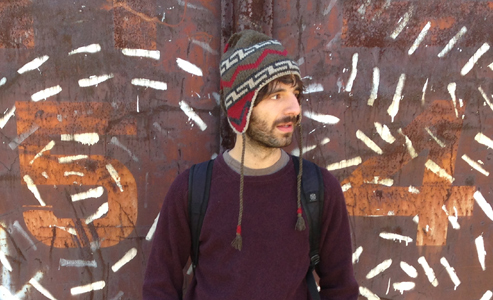
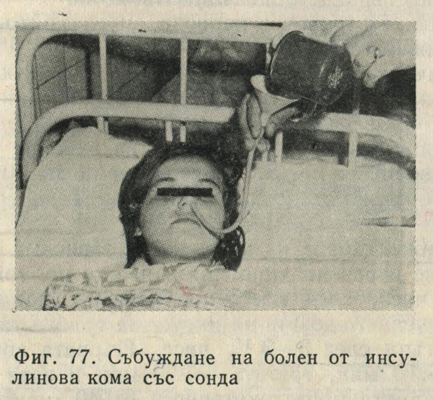
Psychotherapy and analysis were regarded as a threat to socialist society, but in the 1970’s a group of psychologists and psychiatrists emerged with an interest in individual therapy and psychoanalysis. They were forced to practice these methods covertly, in the guise of the official group therapy.
“They started to practice individual therapy in secret, after hours. This took place at a children’s clinic, where they would meet with adults. The group emerged after the so-called Danube symposiums which fueled the interest of Bulgarian doctors in group therapy. This new form was easier to work into the communist ideology as it regarded the individual as part of the collective whole.”
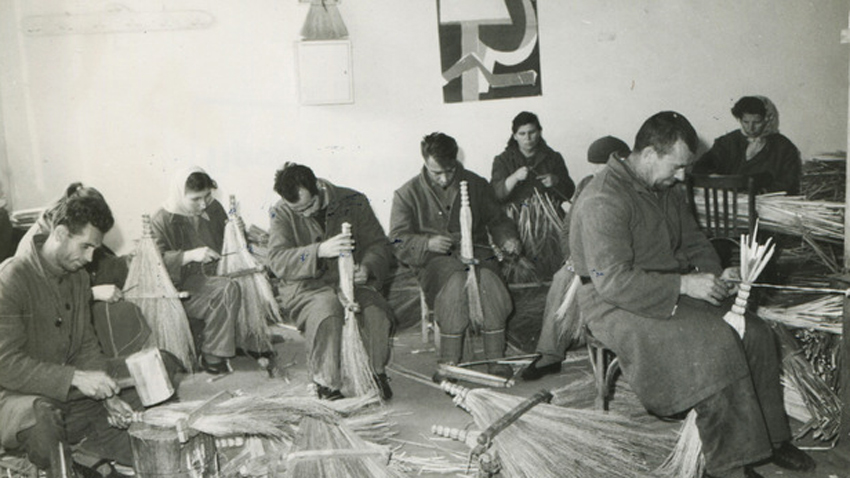
Work therapy was one of the methods that marked psychiatric practice during communism. Officially, it was ridiculed in USA as a punishment the communists imposed on mental patients. But of course, that was not so, Chehirian says. A study conducted in Vermont among hospitalized schizophrenia patients shows that work therapy is an efficient way of creating an environment for individual patients to work as a team. During his studies Julian discovered instances of the regime’s political malfeasance, using psychiatry. Here is one example:
“Prof. Milenkov goes back to a practice that is highly indicative of the regime’s political malfeasance, using psychiatry. When high-ranking diplomats from the west came to visit, a police van would drive through the streets of the cities and pick up from streets and parks all people who looked like social misfits or whose behaviour seemed indecent. The policemen would herd them off to the psychiatric wards – they were said to be mentally deviant and needed to be diagnosed. While doctors were conducting tests days would pass – time enough for the big-shot diplomats to get to know Bulgaria and go home with wonderful impressions of the socialist urban environment,” says Julian Chehirian.
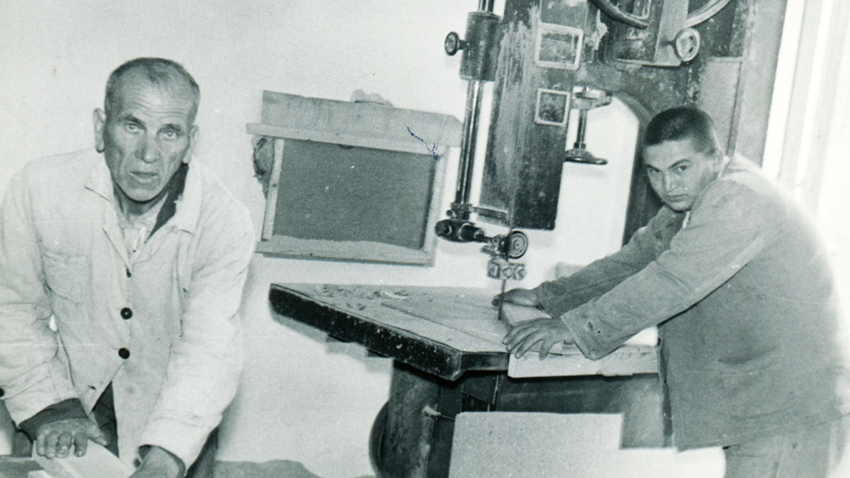
Finally, the young researcher cautions: “Ideology is important but it should not be forgotten that it is a lid, whereas psychiatry is practiced by people. It would be naïve to think that communism was a vacuum with no experiments, innovations or conflicts.”
English version: Milena Daynova
The exhibition at the Red House is on until October 9.
The eagerly-awaited Tulip Parade at the University Botanical Garden in Balchik is at its peak. This year’s parade includes more than 45,000 bulbs, and 27 varieties that are new to the Garden, among them Tulipa "Carnaval de Nice, which combines..
In 2024, Bulgaria has 15,737 foreign students, making up 8.6% of all current students in the country. By comparison, this share has doubled over the past decade. This data comes from NACID , updated annually in the Bulgarian University Ranking..
Divers will clean the seabed around the port of Sozopol today, reports BTA. "Since 2018, we have been doing the cleaning, completely voluntarily, with our own resources, with the idea of doing something useful for everyone," said Nayden Nedev, diving..
Shepherd of the soul, priest of all with open hearts, modern prophet – these are some of the definitions with which Pope Francis..
"The socio-political processes among the Bulgarian communities in Albania and Kosovo from the early 19th century to the present, and the influence they..
Today we mark the 105th anniversary of the birth of academician Valeri Petrov - poet, novelist, screenwriter, playwright and translator. Born in Sofia..

+359 2 9336 661
